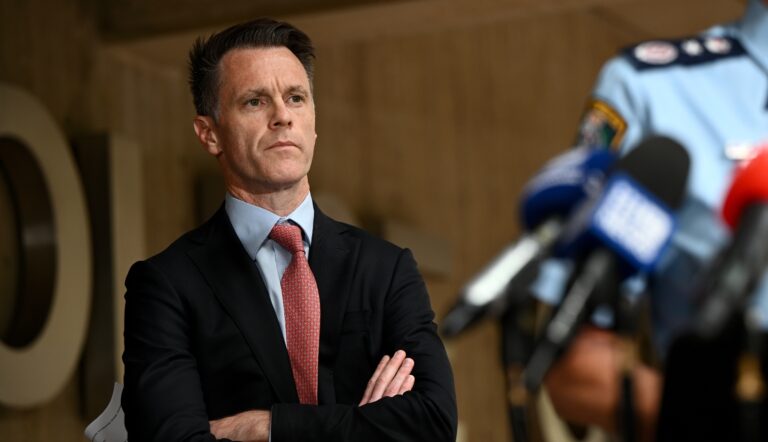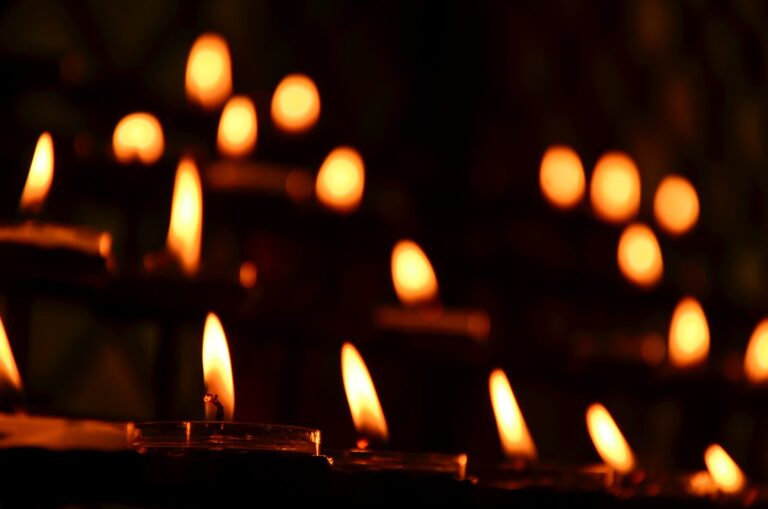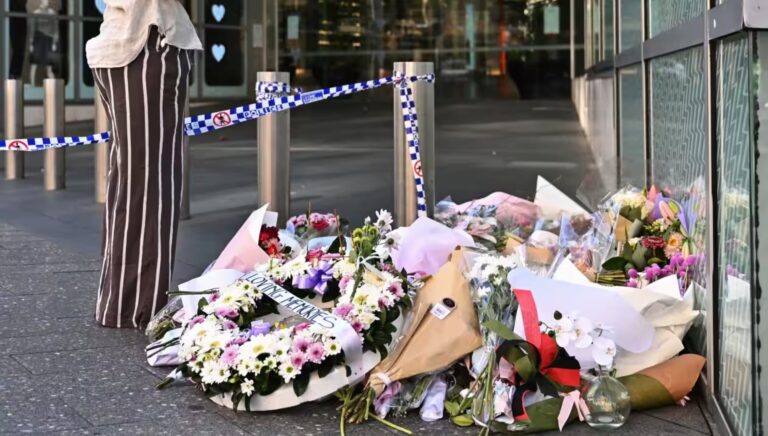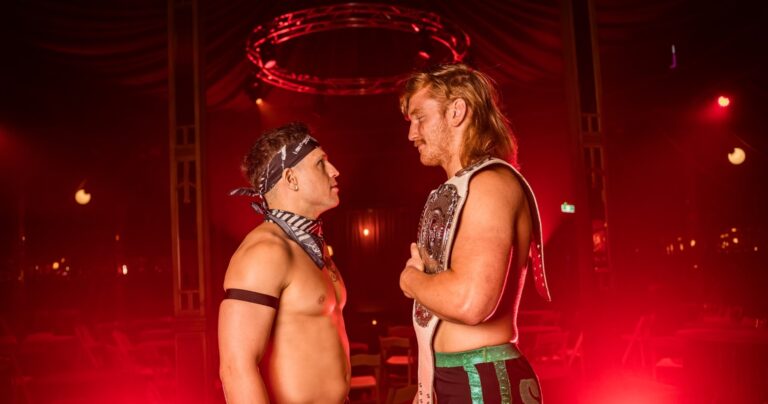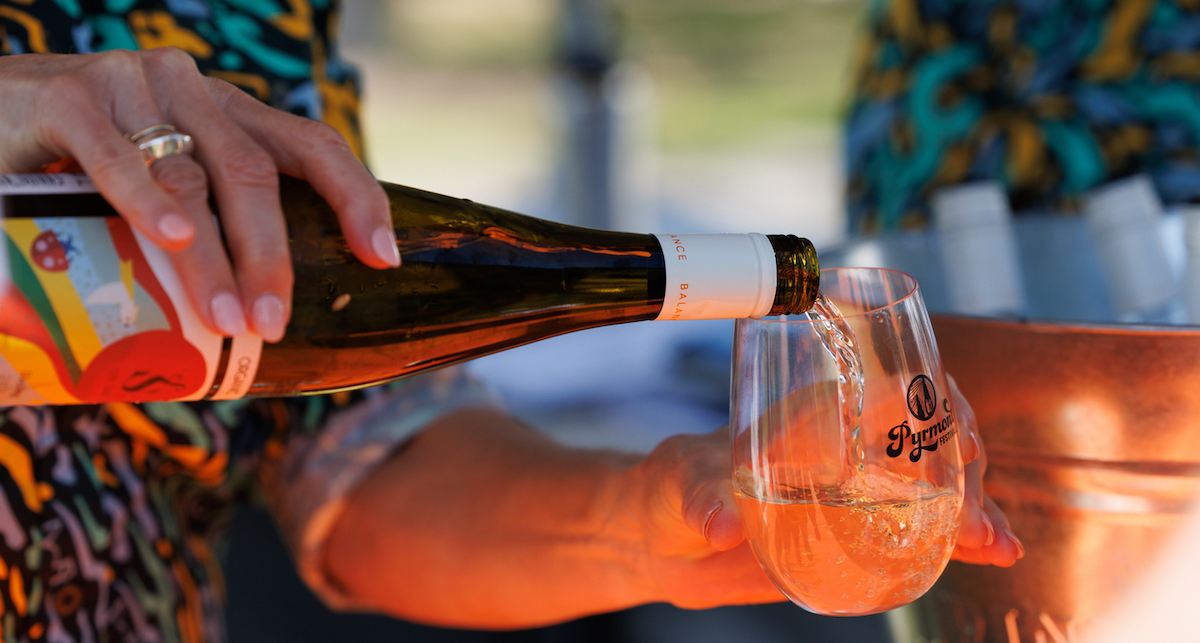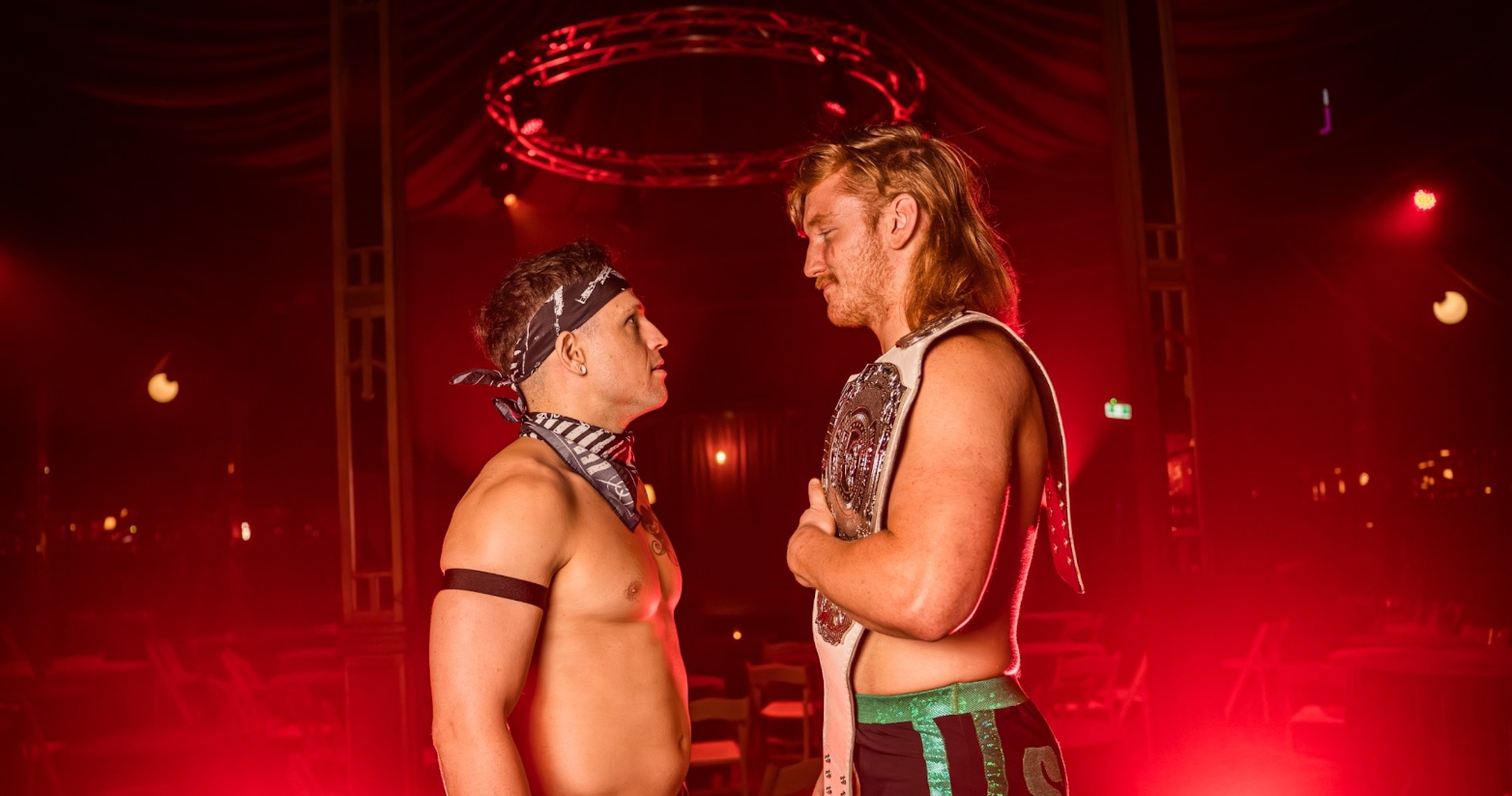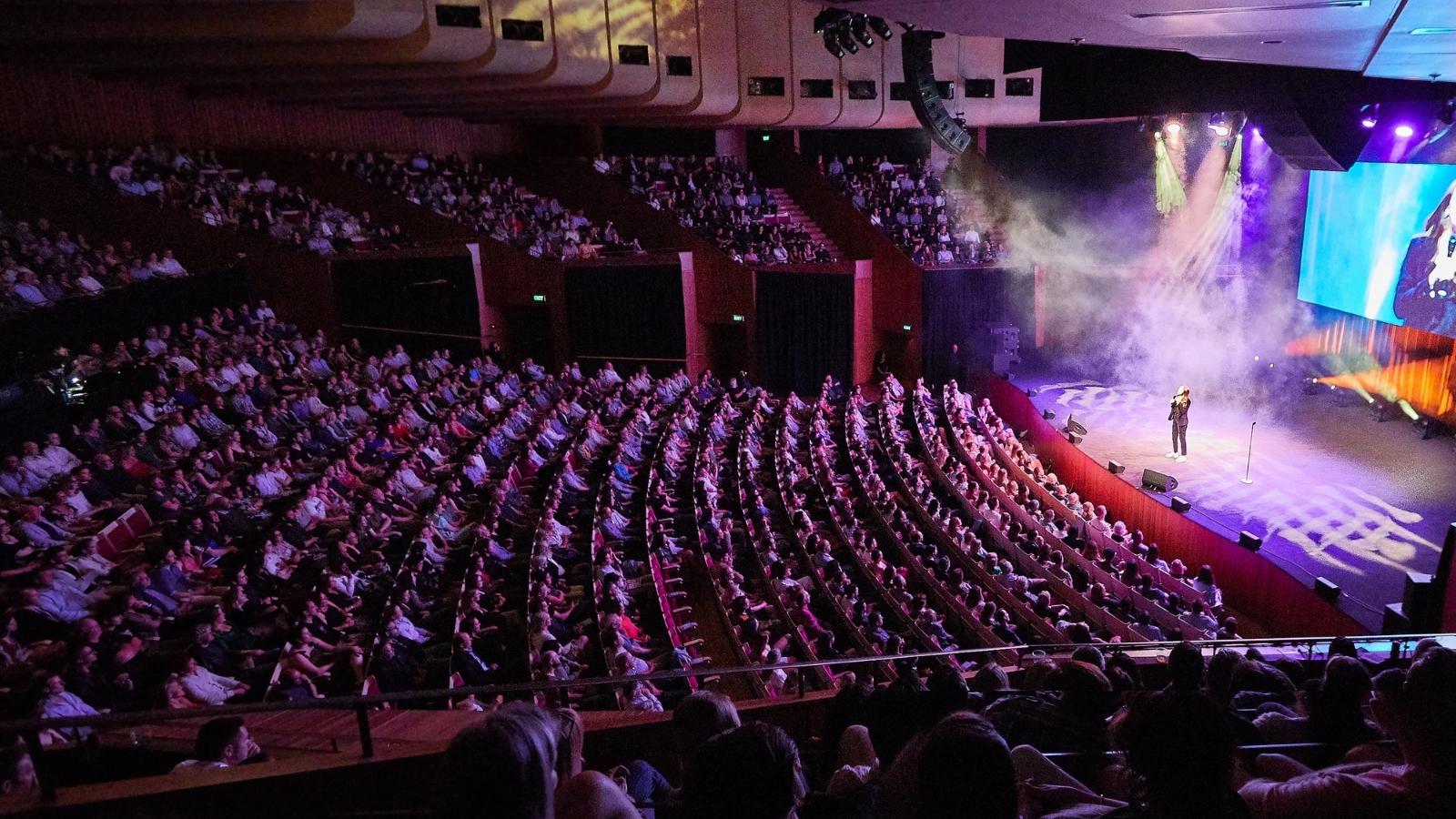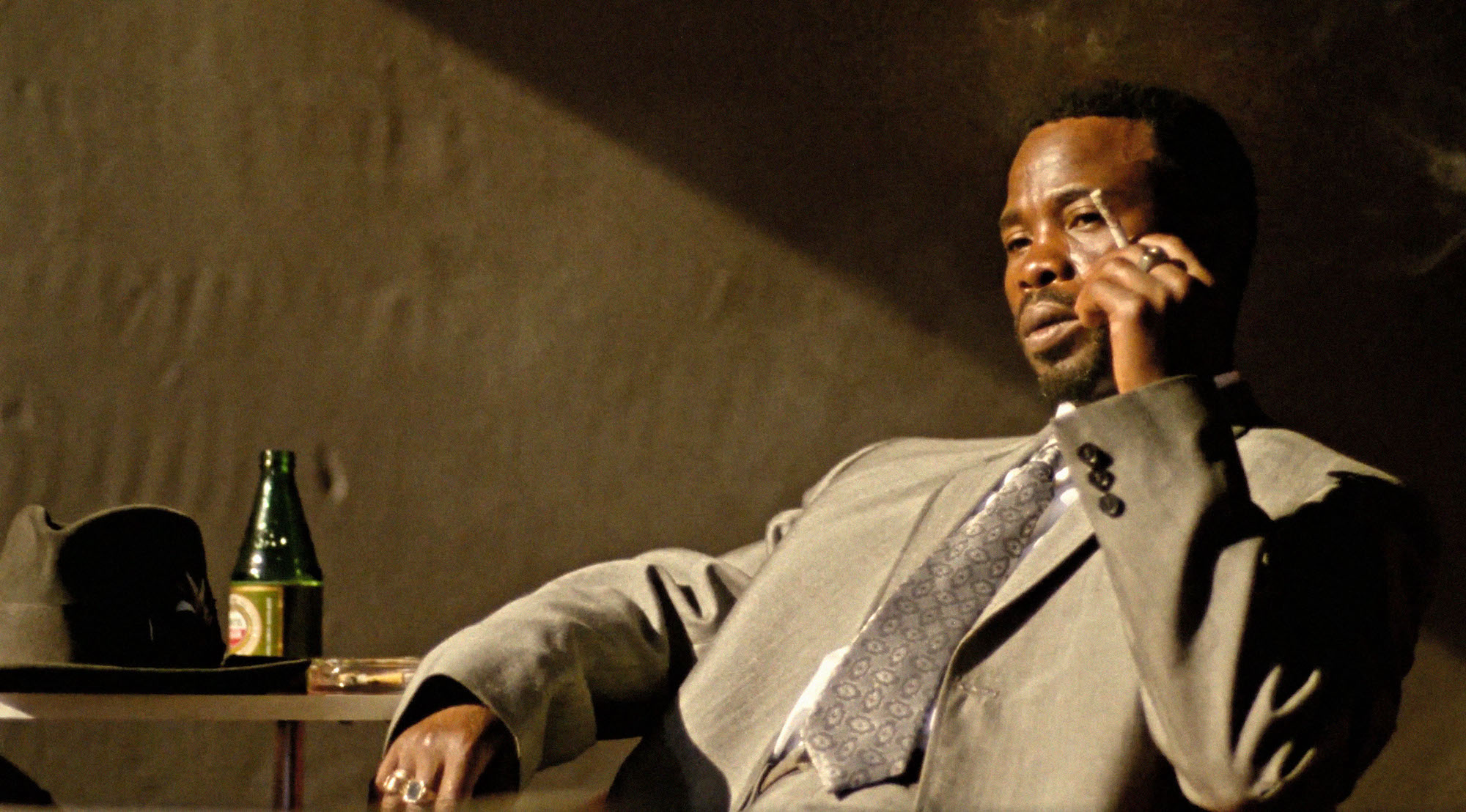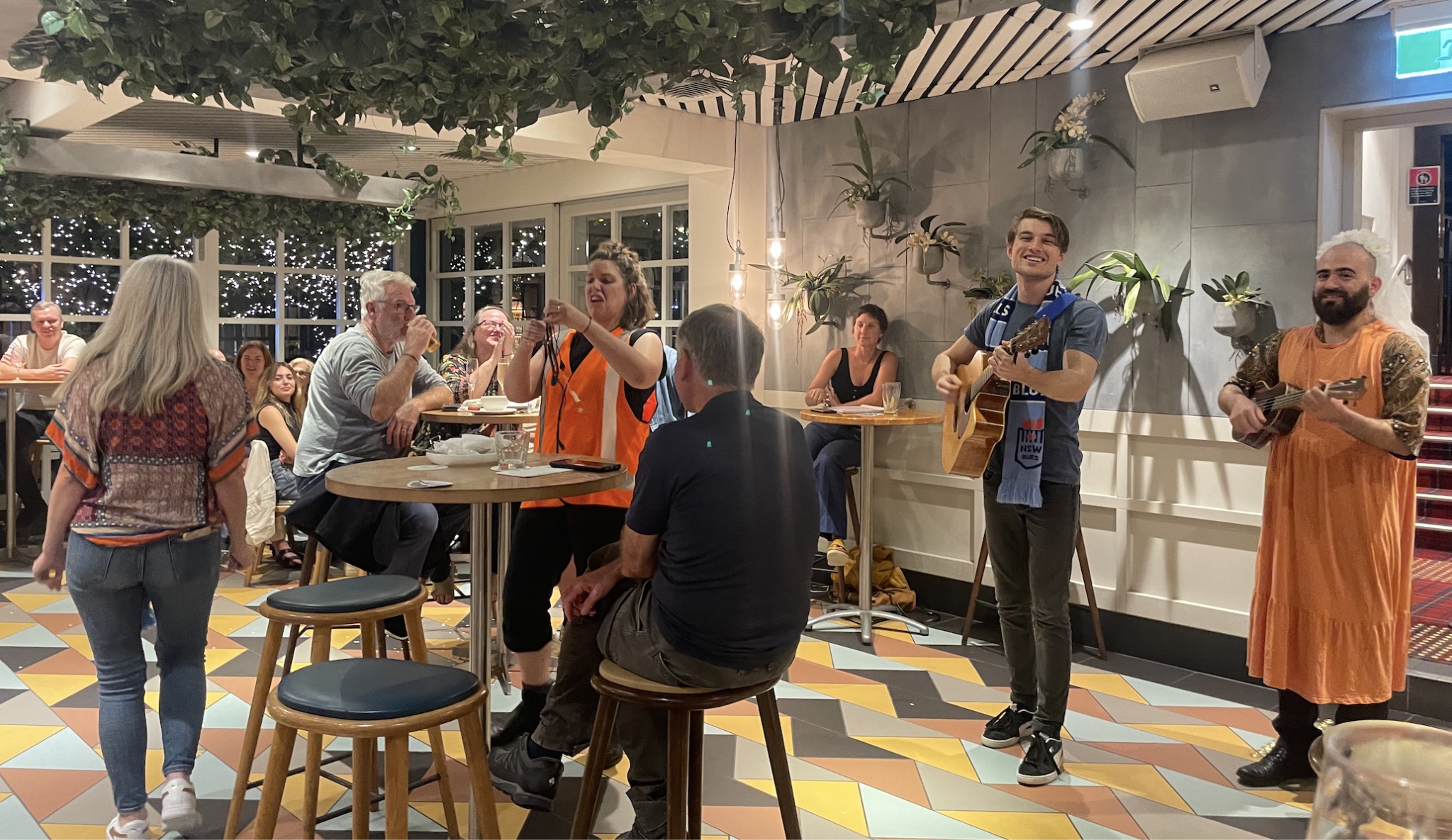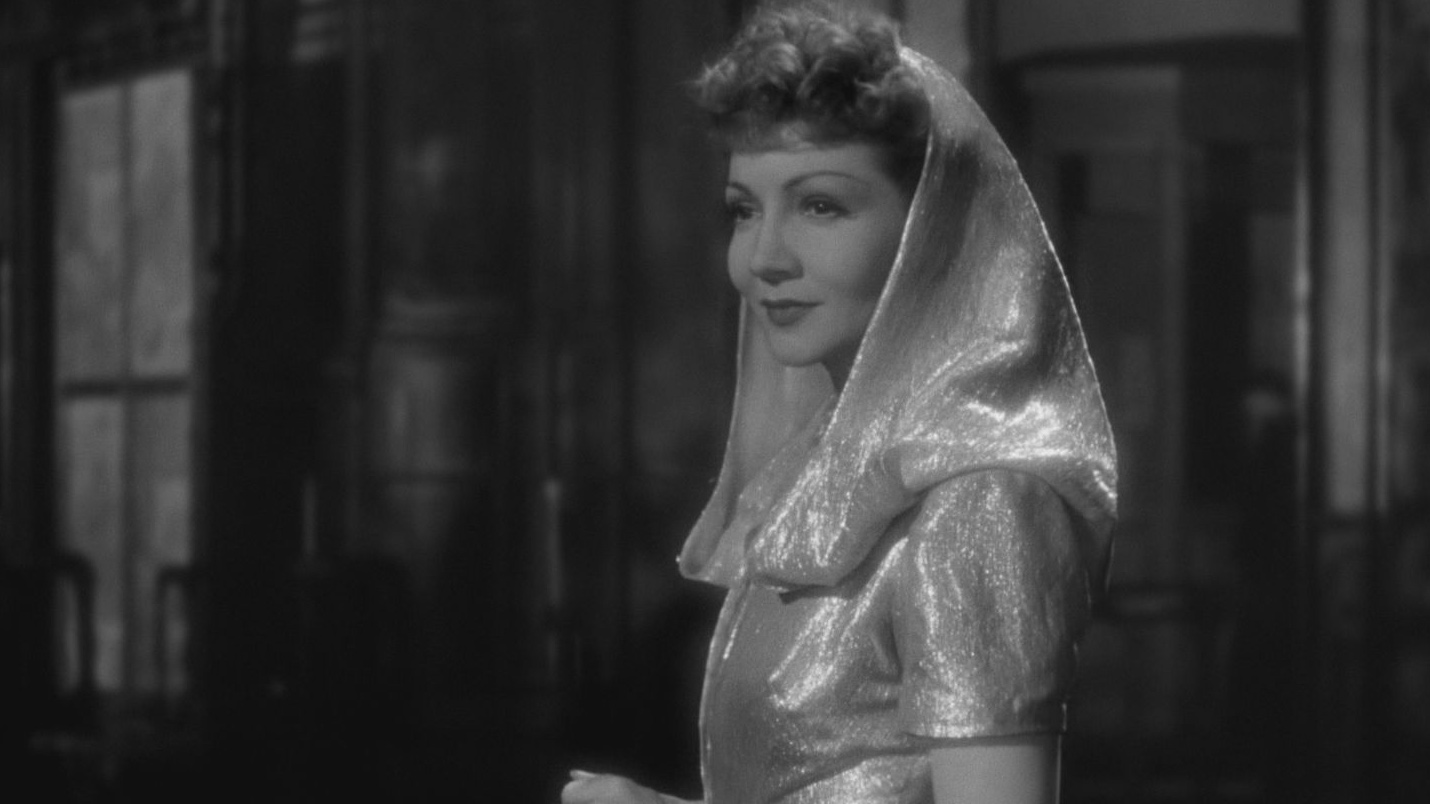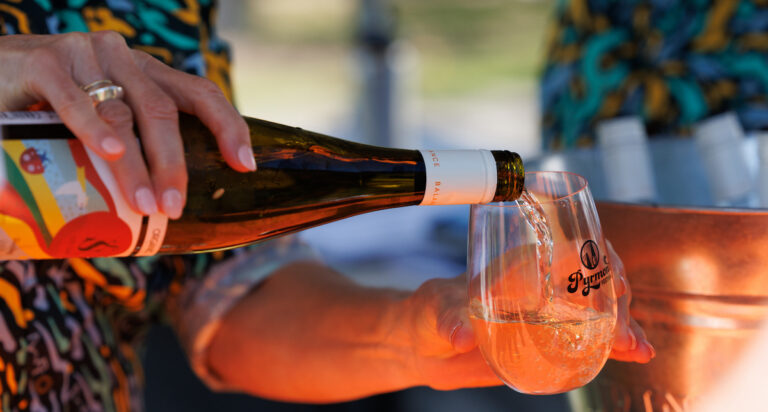
Performance Space creates social art with Pspace

For interdisciplinary arts organisation Performance Space, their art festival Pspace Social is all about breaking down walls between artists and audiences. It’s a way for both to meet “outside the normal context of traditional art forms,” says co-curator Bec Dean. Pspace Social’s four projects will give audiences a chance to experience “live art” in the bustling Surry Hills and Darlinghurst area. “It’s us trying to engage people who wouldn’t normally have art experiences but also it’s responding to artists wanting to do things in different contexts,” explains Dean.
For artist Justin Shoulder, it’s been exactly that: a very different and challenging experience. “It’s great to make site-specific work because that’s new for me,” he says. For the project Micro Parks, which asked five artists to respond to five different parks, Shoulder was challenged to create sculptural pieces at a children’s playground. Predominately a performer, he says: “It’s one of the biggest sculptural works I’ve done. Usually I build work for myself. This work is directed for kids.”
Given a playground to stage his work, Shoulder considered how kids learn to understand the world around them. His project entitled 1001 Baddies is inspired from a book his partner’s six-year-old son is drawing. “He’s impaling zombies with hundreds of knives and shooting these melting people,” Shoulder explains. Although Shoulder was initially uncomfortable with the violent imagery, he came to the conclusion that role-playing violence was a way some children experimented with the risks and boundaries of the world, just like playgrounds.
Playing with these ideas, Shoulder has created a series of objects that are “like weapons” but with added materials that “both masculinise and feminise” them or even challenge the inherent violence of the objects. This might mean a plastic gun with a clown nose on it or a seemingly sharp and dangerous spike suit. However, as much as creativity goes into Shoulder’s work, he’s foremost thought is the kids. “I want it to be not just something you look at but something you can play with,” he says. “There’s props and costumes and the kids can interact with them on their own terms. I’ll be there performatively as a guide, as one of my fantastical creatures.”
It’s this interactivity of performance art that Shoulder loves. Although he studied digital media, he found he was drawn to the performance world. “It was a pretty natural process to see how people express their ideas on the stage and I discovered I wanted to move away from the screen and use my body,” he says before adding, “It makes me feel alive, that’s the main thing!”
It’s the same for performance group Friend With Deficit who were given the reins to curate NightTime: Talent Quest. “The audience reaction is immediate and that can affect the way that you perform or the way you lead them through a story,” says Amelia Wallin from Friend With Deficit. They’ll be leading audiences through a tongue-in-cheek look at talent quests, where several artists will explore ideas of “what it means to ‘show off’ your skills, to questioning what it even means to have talent or to be part of a spectacle,” says Wallin. What is guaranteed from the night is art and performance that is “not a passive experience but a very active one,” she promises.
For something more philosophical, Theatre Kantanka’s Clubsingularity brings together a lonely-hearts club and a cosmology group as they explore questions of the cosmos and the universe – all within a contemporary cabaret setting with original song and dance. For director Carlos Gomes, performance art offers both artists and audiences something out of the ordinary. “It is challenging the viewer, not just the concepts but to see it in a different way,” he says. “With performance, you have surprise. The universe is like this; it’s unpredictable and dangerous and that’s what I want to capture in the show,” he says.
With the recent controversy surrounding the Biennale and cuts to Fine Arts courses at TAFE, the general feeling amongst the art community is one of apprehension. “Everybody is imagining there’s difficult times ahead,” says Dean. It is why it’s so heartening the City of Sydney is supportive of art events like Pspace Social. “I think it’s important for them that people have an enriching experience in the city, rather than one just defined by trade or commerce,” says Dean. She finds people want to see art and artists want to interact with audiences. With events like Pspace Social, it allows those interactions to happen that are not always possible. Letting artists encounter audiences face-to-face which “can be gratifying and interesting or challenging” as well as giving audiences the unique and exciting “experience of art as its coming to being,” says Dean. (MT)
May 15-24, various venues, free-$35, performancespace.com.au
BY MELODY TEH
